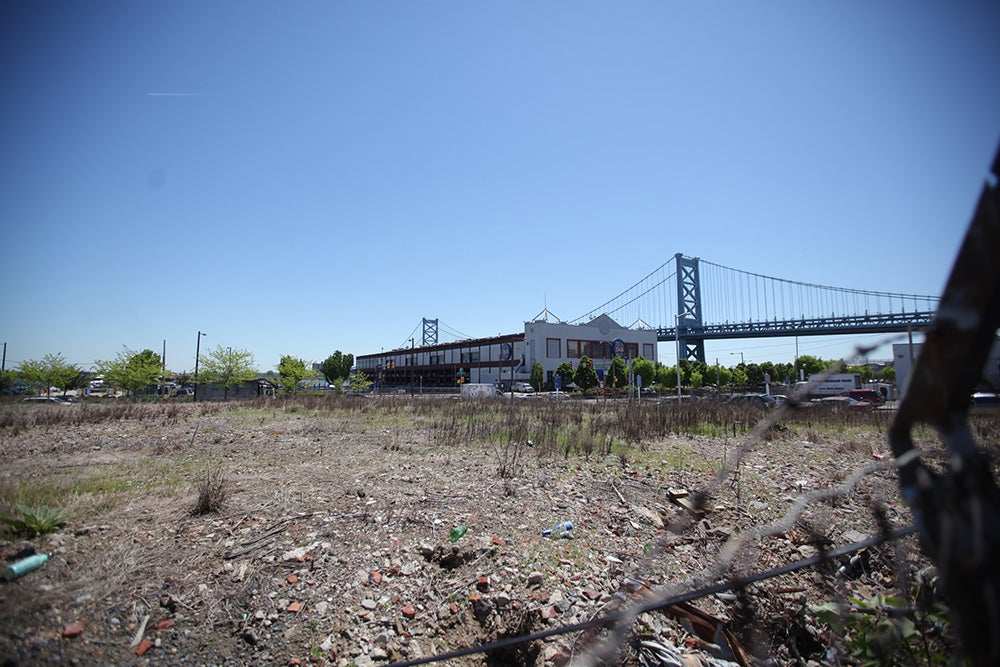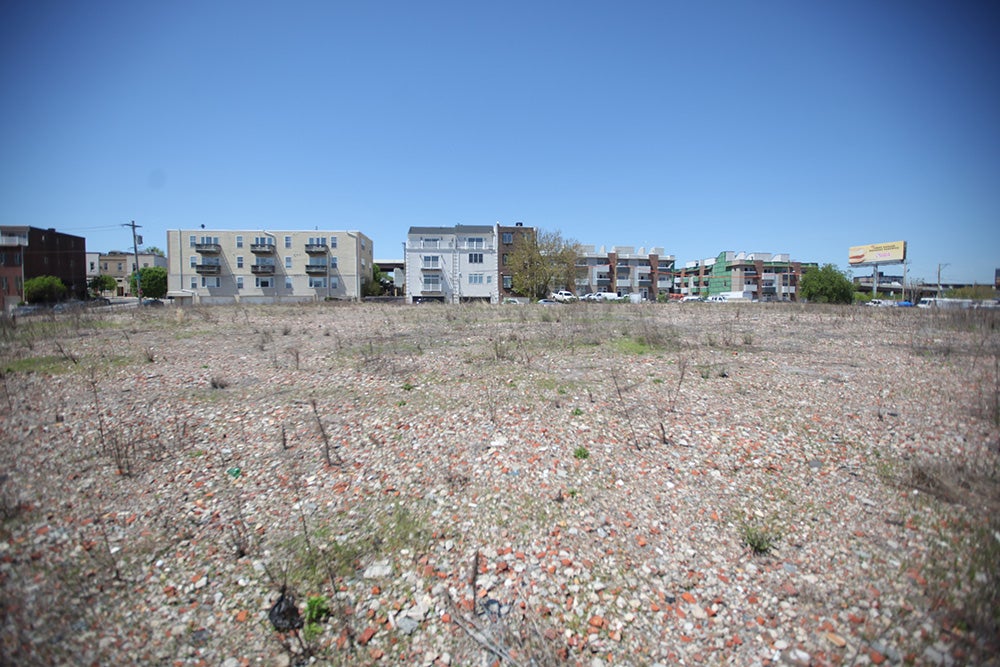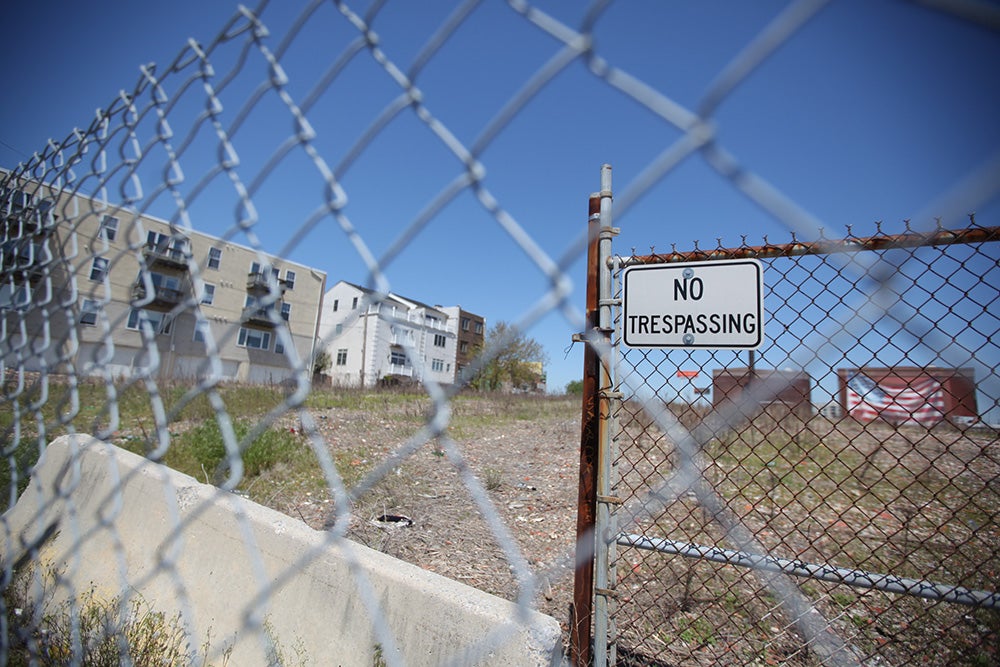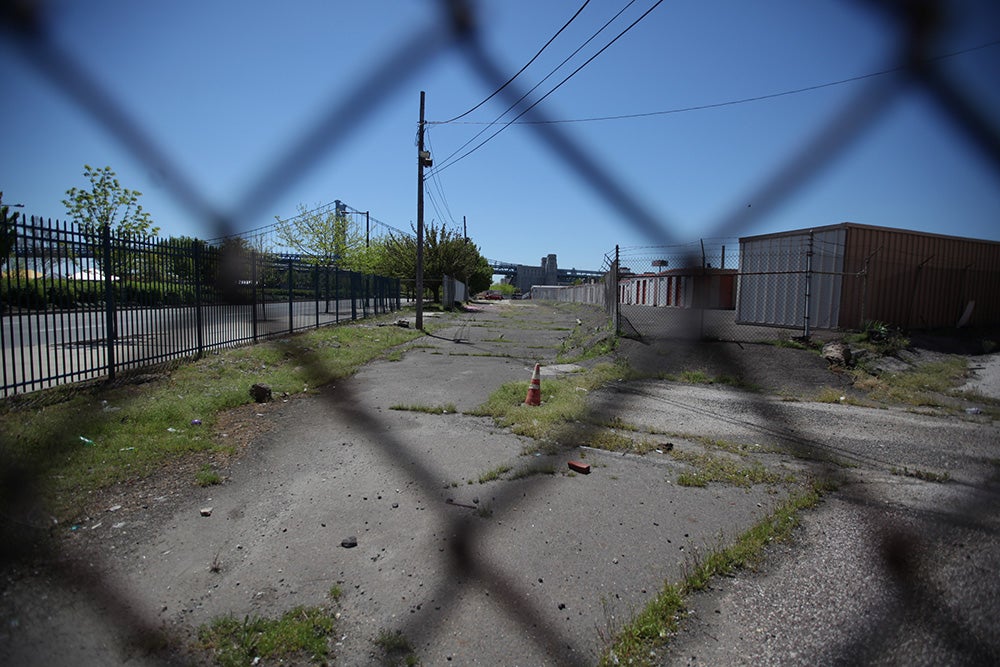Bill designed to prevent SLAPP legal action nearly finished
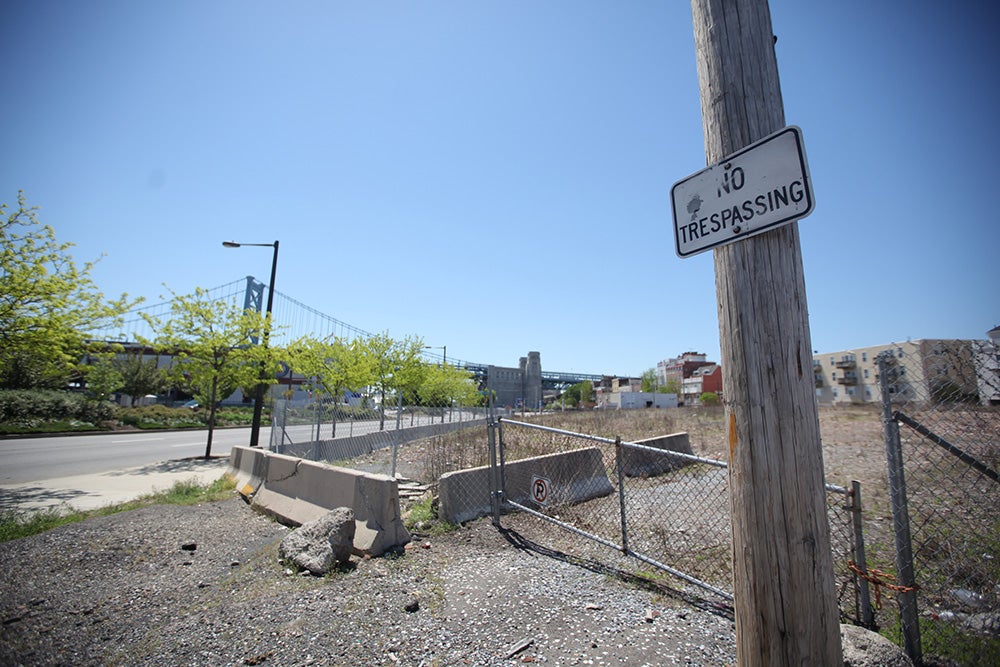
Legislation aimed at preventing lawsuits that are filed to discourage groups or organizations from voicing their opinions will be introduced by 1st District State Sen. Larry Farnese early this coming session, spokesmen say.
Such lawsuits are common enough to have a name, SLAPP, which stands for Strategic Lawsuits Against Public Participation.
Farnese first pledged to introduce such legislation in May when the Old City Civic Association disbanded after it could no longer get liability insurance because of mounting legal costs despite never losing a case or having to pay a settlement.
The fate of OCCA sent shockwaves out among other civic and community organizations, including the Central Delaware Advocacy Group. CDAG advocates for the Master Plan for the Central Delaware. Most of its members belong to civic organizations.
CDAG was pleased when Farnese first said he’d introduce anti-SLAPP legislation, but became concerned when months passed without more mention of it. So at the direction of the group, members Dianne Mayer of Pennsport and Joe Schiavo, formerly of Old City Civic, contacted Farnese’s office for an update and “to give a little push,” Schiavo said.
Mayer reported at CDAG’s August meeting that draft language for the proposal was nearly finished, and that the senator would be seeking comment from civic groups and other stakeholders.
“We are finalizing some language, and should have that done before Labor Day,” Farnese spokesman Tony Mannino told PlanPhilly. “We hope to talk to some stakeholders and have a version, with their input, ready when we go back to session.”
Pennsylvania has had an anti-SLAPP law since 2000, but its scope is narrow – it applies only to environmental law and regulatory issues.
Schiavo was hopeful the existence of that narrow law will help pave the way for a broader one. “There is a precedent. It can be built upon,” he said. A broader anti-SLAPP law would be “some comfort for all folks participating in the public process across the city and the state,” Schiavo said.
Farnese spokesman Cameron Kline said the proposed law would allow groups that believe they have been served with SLAPP suits to petition the court for relief. If the court finds the suit was intended to discourage public participation, the suit would be dismissed, and the party that filed it would have to pay the organization’s legal fees.
Kline said SLAPP lawsuits are a problem across the state, and so the topic is of interest to legislators from across the state. After the language is finalized, it will be circulated to see if other legislators wish to co-sponsor the bill.
Mayer said she was told that the American Civil Liberties Union is interested in Farnese’s proposal.
Mary Catherine Roper, senior staff attorney with the ACLU of Pennsylvania, said she didn’t have first-hand knowledge of any ACLU advisement on the proposal, and the person who would was out of the office. But “any legislation in the area of free speech is something we’re going to watch and be aware of,” she said.
“We get calls all the time from people being threatened with suits for opposing development or criticizing businesses,” she said. Several calls come from groups in Philadelphia alone each year, she said.
“We do not generally defend suits brought by private parties against activists unless they are seeking an injunction to stop protest activity,” she said. “But sometimes we try to help them find cheap or free lawyers and we do file friend-of-the-court briefs in some of these cases.”
Twenty-seven U.S. states and the Territory of Guam have already passed anti-SLAPP legislation, according to Farnese’s office.
WHYY is your source for fact-based, in-depth journalism and information. As a nonprofit organization, we rely on financial support from readers like you. Please give today.



